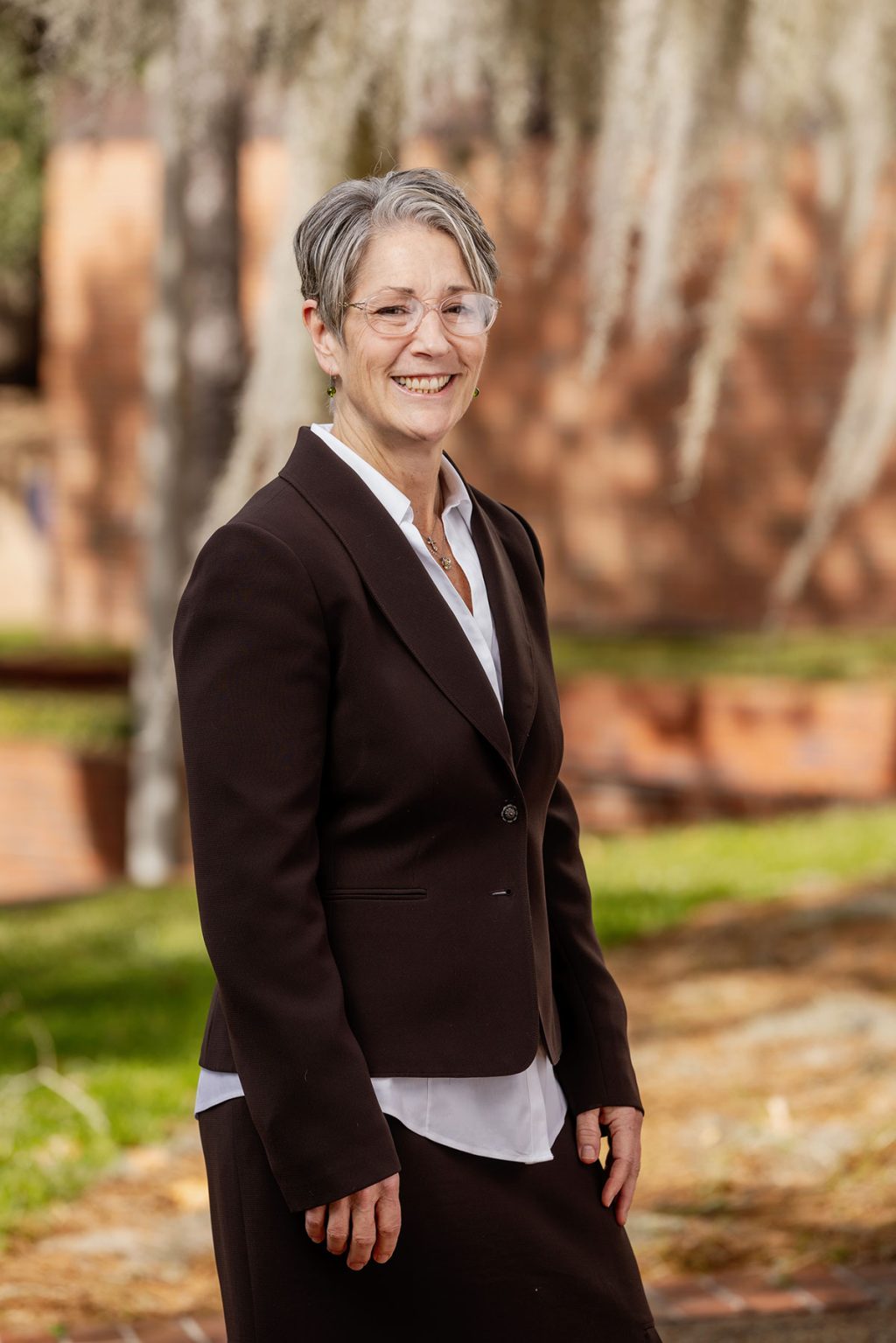
Professor Jill Ingram holds a PhD in English Literature from the University of Virginia, and her research focuses on the intersection of economics and literature in the English Renaissance. Author of Festive Enterprise: The Business of Drama in Medieval and Renaissance England (Notre Dame University Press, ReFormations series [James Simpson, David Aers, and Sarah Beckwith, eds.] March 2021), Idioms of Self-Interest: Credit, Identity, and Property in English Renaissance Literature (Routledge, 2006; paperback, 2009), and the New Kittredge edition of Shakespeare’s play Love’s Labour’s Lost (Hackett, 2011), she has also recently published essays in the collection Civic Performance: Pageantry and Entertainments in Early Modern London (Taylor and Francis, 2021), and in the journals Shakespeare Studies, English Literary Renaissance and The Journal of Medieval and Early Modern Studies. She previously taught at Ohio University and Macalester College. She has received grants from the National Endowment for the Humanities and the Earhart Foundation. She also studies theater history and festive culture, with a particular interest in London’s Lord Mayor’s shows in the late sixteenth and early seventeenth centuries.
Ingram is currently creating a scholarly edition of Thomas Heywood’s 1633 Lord Mayor’s Show Londini Emporia for The Map of Early Modern London project, and researching an essay on political thought as performed in mid-seventeenth century Lord Mayor’s Shows.
“Michael Bristol’s Heuristics of Carnival in London’s Civic Pageantry,” (forthcoming, Shakespeare Studies 51 [2023])
“’Hick scorners jestes’: Martin’s Month’s Mind and the Tudor Dramatic Tradition,” English Literary Renaissance 53:2 (Spring 2023)
“Rogationtide Perambulation as Performative Law,” in Journal of Medieval and Early Modern Studies 51:3 (Sept. 2021)
“‘You ha’done me a charitable office’: Autolycus and the Economics of Festivity in The Winter’s Tale,” Renascence 64:2 (Fall 2012), 63–72.
“Interview with Dominic Dromgoole,” Shakespeare Newsletter 61:2 (Fall 2011), 57–60.
“Avant-garde Conformists and Student Revels at Oxford, 1607-8,” Anglican and Episcopal History 80:4 (December 2011), 349–372.
“Laughing at the Last Will: Jyl of Braintford’s Testament,” English Language Notes 48.1 (Spring/Summer 2010), 41–48.
“A Case for Credit: Isabella Whitney’s ‘Wyll and Testament’ and the Mock Testament Tradition,” Early Modern Culture Vol. 1 (Fall 2005).
“The ‘noble lie’: Casuistry and Machiavellian Self-Interest in The Duchess of Malfi,” Explorations in Renaissance Culture 31:1 (Summer 2005), 135–160.
“Economies of Obligation in Eastward Ho!” The Ben Jonson Journal 11:1 (Fall 2004), 21–40.
Book Chapters
“Financial Encounter Customs: Tradition and Form in London’s Civic Pageantry,” in Civic Performance: Pageantry and Entertainments in Early Modern London, eds. Caitlin Finlayson and Amrita Sen (London: Taylor and Francis, 2020), chapter 7.
“Gascoigne’s Supposes: Englishing Italian ‘error’ and adversarial reading practices” in Italian Culture in the Drama of Shakespeare and His Contemporaries, ed. Michele Marrapodi (Ashgate, 2007), 83–96.
University of Florida
Gainesville, FL 32611
UF Operator: (352) 392-3261